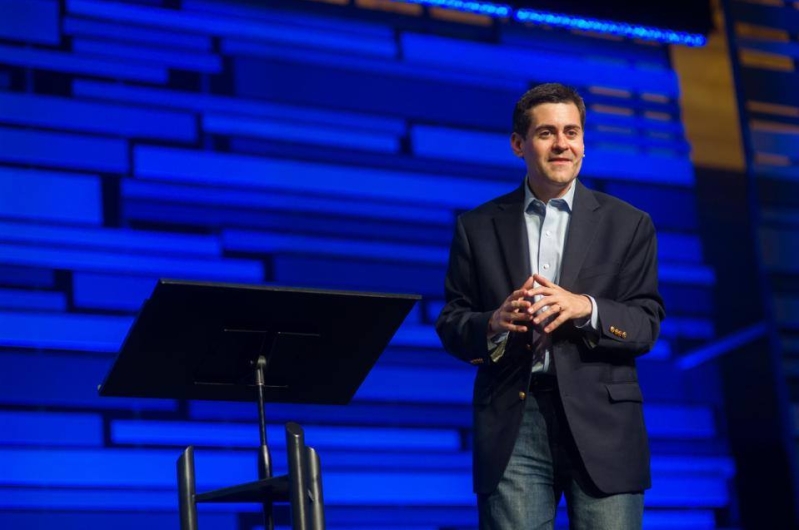
Russell Moore, president of Ethics and Religious Liberty Commission, said it's straight-forward for how local church pastors can address political or social issues with their flocks.
"Some issues of personal morality the Bible is very specific on," Moore said in a taping of For the Church. "Someone says, should I leave my spouse for someone else because I found my soul mate? No, we have a clear answer and word from God on that. There are going to be other issues, where we deal with principles, and we don't deal with specifics. And there are going to be other issues that we don't address at all."
The Ethics and Religious Liberty Commission is the public policy arm of the Southern Baptist Convention, the largest non-Catholic Christian denomination in the United States, with 16 million-plus members in more than 43,000 independent churches.
People can have Romans 14-type of disagreements, said Moore. "One family can home-school. One family has their kids in public school. And another family has their children in a Christian school. But we don't divide up and fight over them."
He said he thinks it's the same case for issues defined as political or social. "Some things, the Bible speaks very definitely to."
Using the example of human slavery in 19th century United States, Moore said it can't be left as just a political issue. "You must say it is wrong, and that it's a violation of God's law, because you're leaving people's consciences as they stand before the judgment seat and you're not equipping them to be free from that."
Moore said humans are called to care of the poor, for example. "We may have two people in our congregation who disagree about whether raising the minimum wage is an effective way to help the poor. That's not an issue that we ought to adjudicate as a church. What we ought to deal with is if we have someone who says, 'Now we shouldn't raise the minimum wage because the poor are takers and parasites.' Now that's a spiritual problem."
There's nothing in the Bible that gives us an energy policy, or how we ought to think about a balanced budget amendment, or a line-item veto or gun control, Moore reminds. "We can agree to disagree in the body of Christ."
He said he believes people have put an artificial barrier between personal morality and social ethics in a way that the prophets and Jesus didn't.






